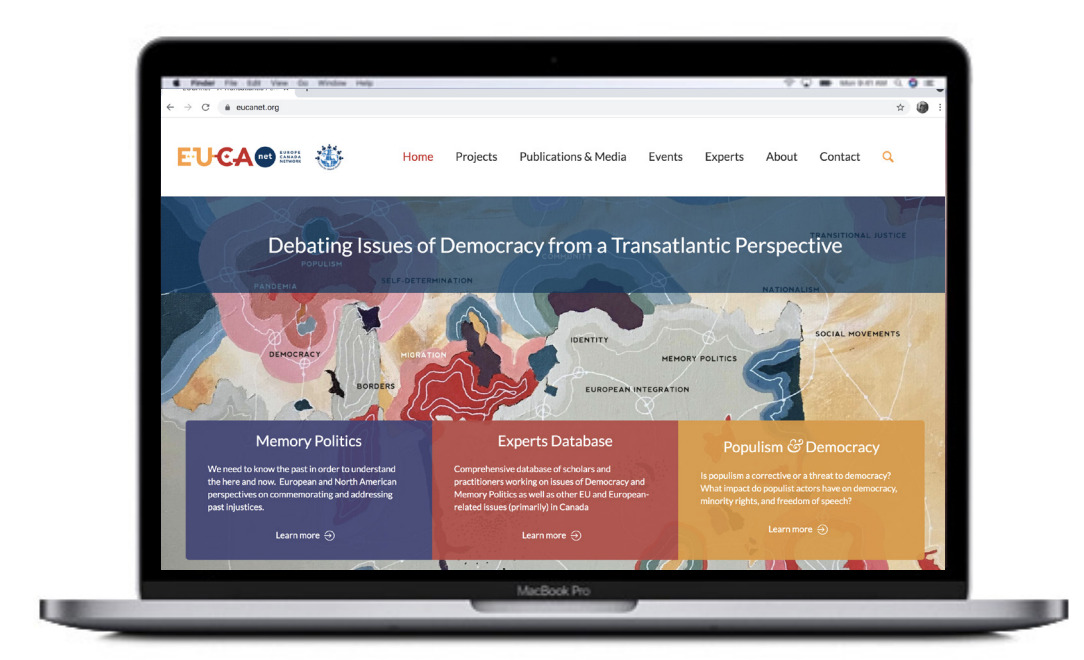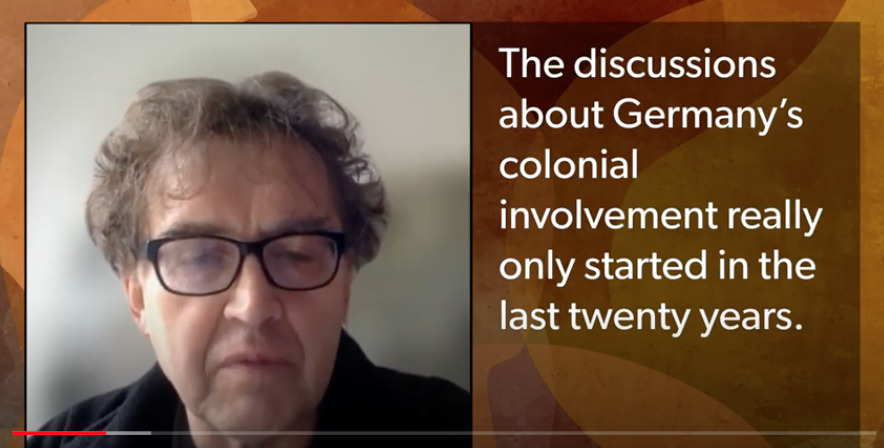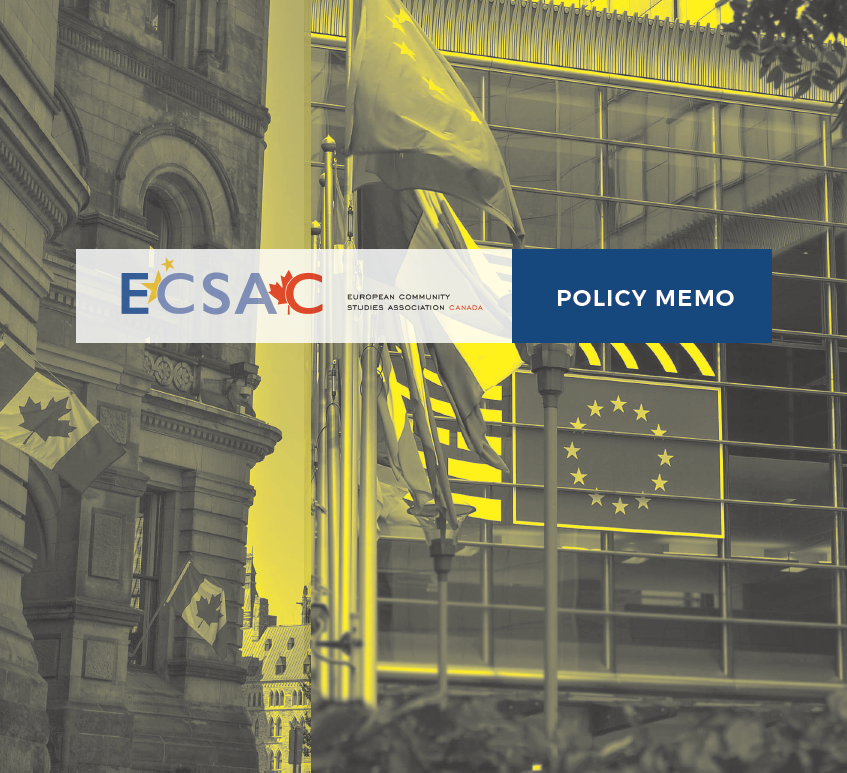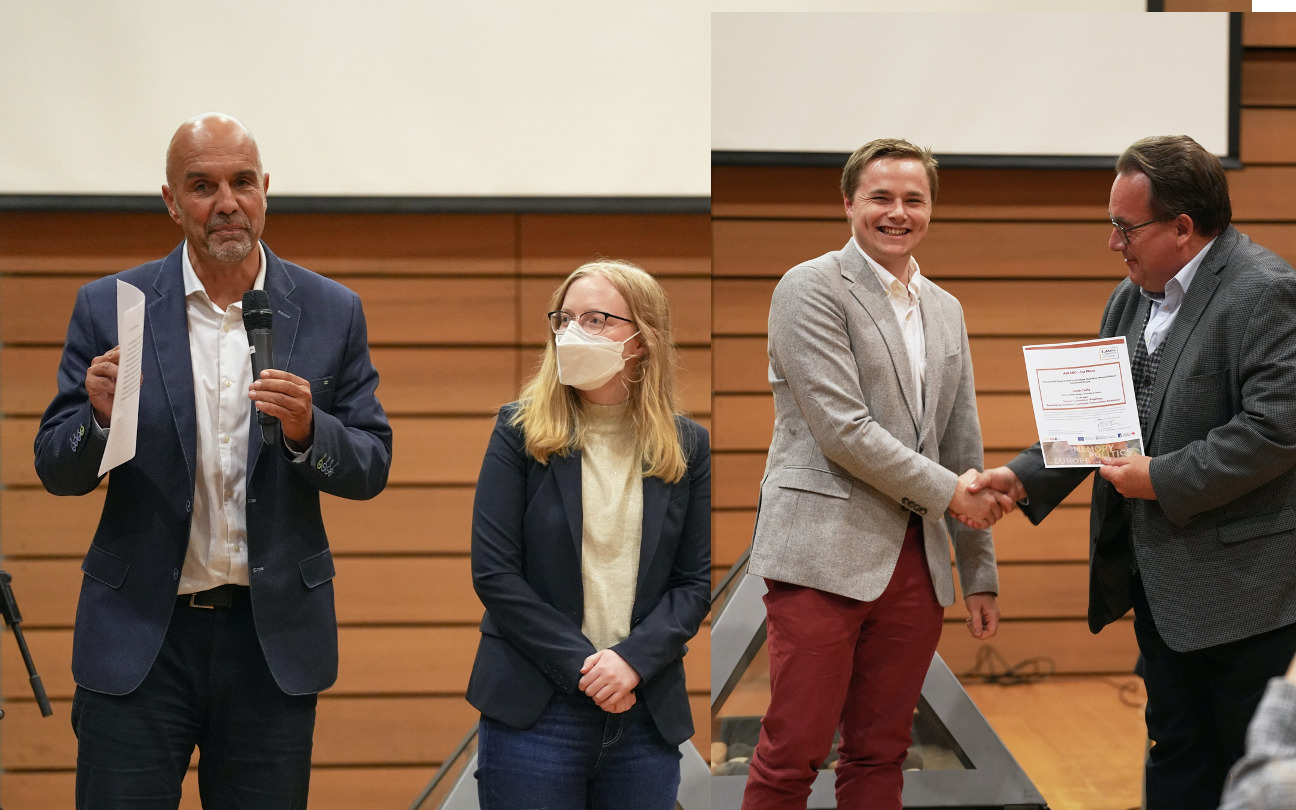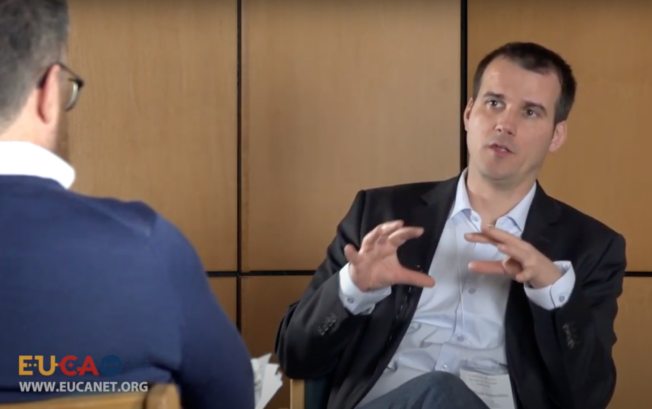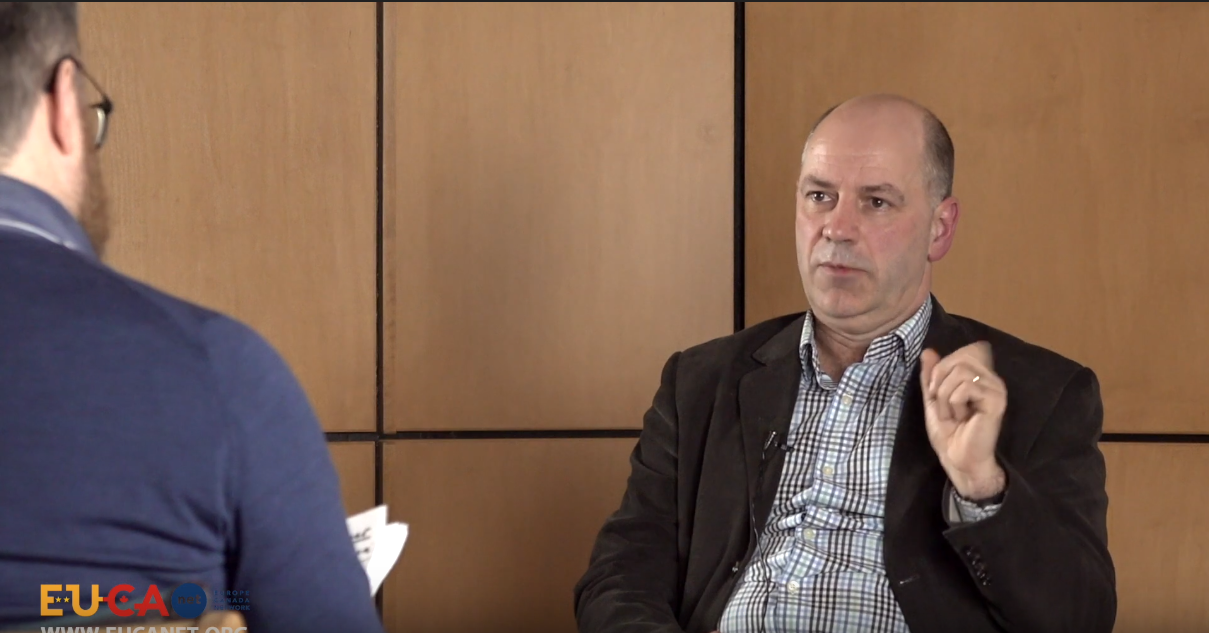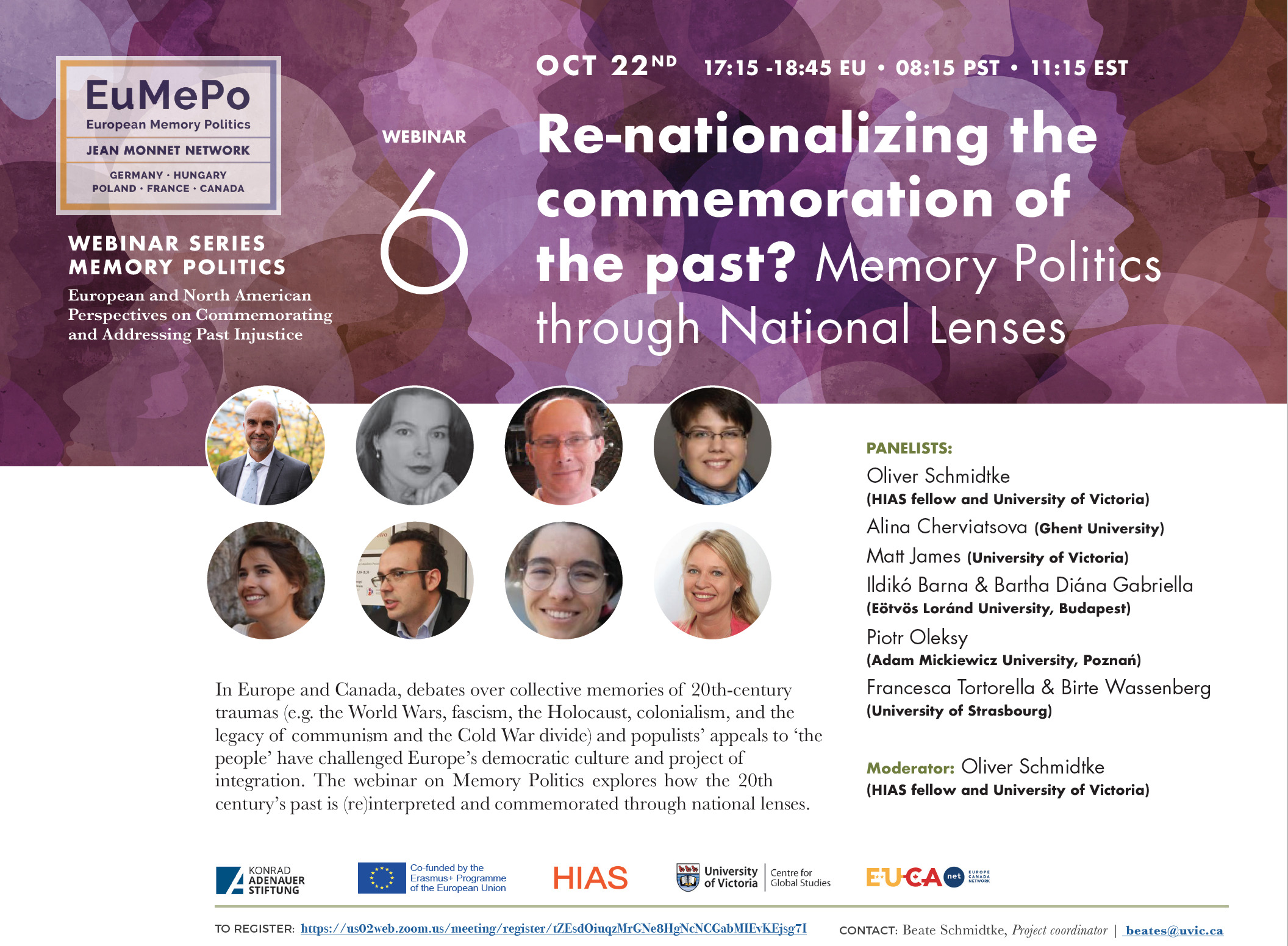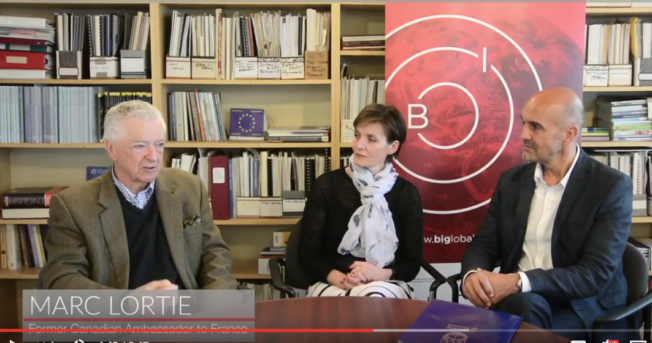Reflecting on EUCAnet’s Busy Year 2020-2021
Beate Schmidtke, EUCANet Co-Lead
The Europe-Canada Network The Europe Canada Network (EUCAnet) team managed this challenging year of COVID restrictions with creative solutions. First, in a collective effort, EUCAnet completely restructured its public face with a new EUCAnet.org website, creating synergies between the projects on Democracy & Populism and Memory Politics. Second, the European Memory Politics Jean Monnet Network was fully launched, enabling virtual collaboration with partners at the University of Victoria, the Adam Mickiewicz University in Poznań, the University of Strasbourg, and the Eötvös Loránd University in Budapest. Although only meeting online, the Network was able to meaningfully reflect on and analyse the link between past injustices and contemporary realities from a transatlantic perspective. Especially given the ongoing debate on the legacy of colonialism and the residential school system in Canada, such work is sorely needed. The effects of commemorating the past on democracies are also at the core of the EUCAnet-supported SSHRC Insight grant on Populism and its Effects on Liberal Democracy. Both projects feed into a broader reflection on how the challenging memory of the 20th Century feeds into current forms of political mobilization and, most prominently, how such memory is used to legitimize nationalist and populist identity politics. As a doctoral student at UVic and collaborator on the SSHRC project, Fazila Matt has joined the EUCAnet team and will represent the Network at CFGS during the upcoming academic year as EUCAnet Co-Lead Beate Schmidtke spends the year working from Europe. The pandemic forced the Network to postpone major events, such as a conference, two workshops, a summer school, and the I-Witness School in Europe. But it also made it necessary to become inventive in providing learning and professional experiences for interns from Europe. For example, you can read about how Isabelle Staiger, who arrived from Germany at the beginning of the pandemic in Victoria, spent her three-month internship in an online world away from campus. Similarly, Sarah Cool-Fergus (Erasmus), Niklas Lehmann, Christian Tautphäus (both in Germany) and Laurence Claussen (in the UK) could not travel to Victoria, and yet all were thrilled to collaborate virtually with the EUCAnet team in spite of the trying time difference. Through the Jean Monnet Network, EUCAnet was able to create a vibrant scholarly community across the Atlantic; a community in which senior scholars work closely with young career researchers, graduate as well as undergraduate students, and interns. At the same time, work has continued towards the first outcomes of the Network: A five-part webinar series created a first sense of the complex ways in which collective memory, national identity and contemporary politics are intertwined. The Konrad Adenauer Foundation generously supported the webinar series and allowed the Network to onboard Ann-Kathrin McLean, PhD candidate at Royal Roads University, as a EUCAnet fellow at CFGS. Lastly, with a great degree of enthusiasm, the younger team members have taken up the task of putting together materials for the project’s high school engagement online educational resources.
